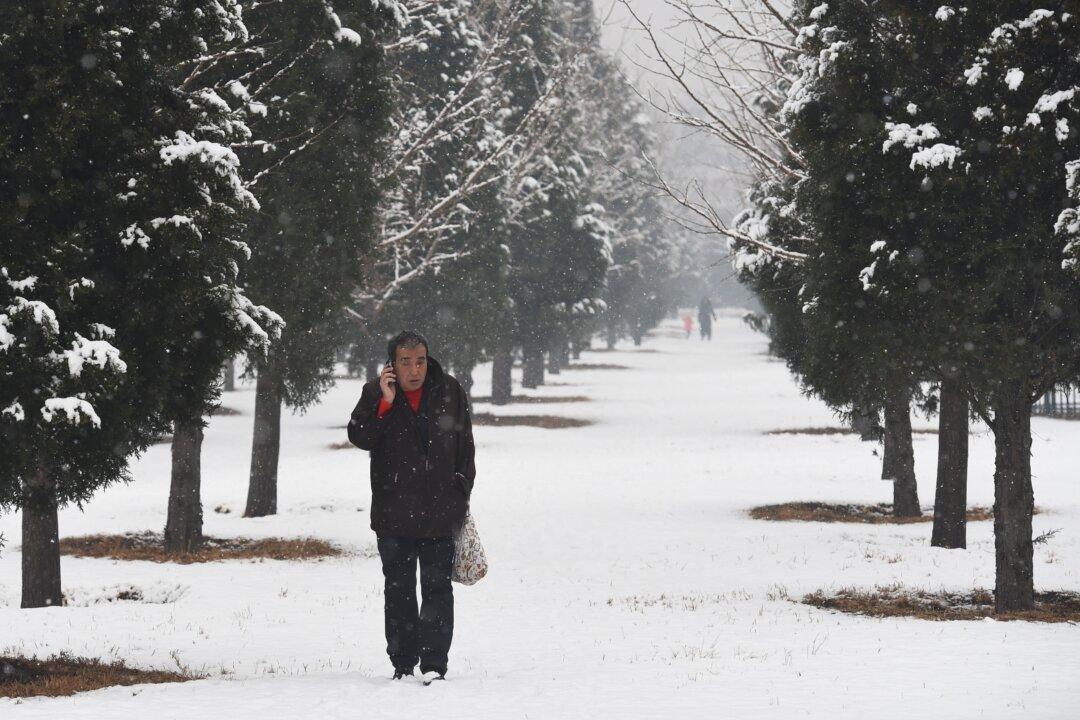The elderly residents of homes for seniors in the county of Tancheng, Shandong Province, were no doubt delighted when their new combined heater-air conditioner units were installed in 2010. But their pleasure quickly turned to dismay when they found that they wouldn’t be allowed to actually turn them on.
“I nearly froze to death on the day it snowed,” said a senior at a nursing home in Tancheng County, Shandong Province, in a recent news report. “I covered myself up with cotton-padded coats and drank some tea. I did feel a little warmer later on that night.”




